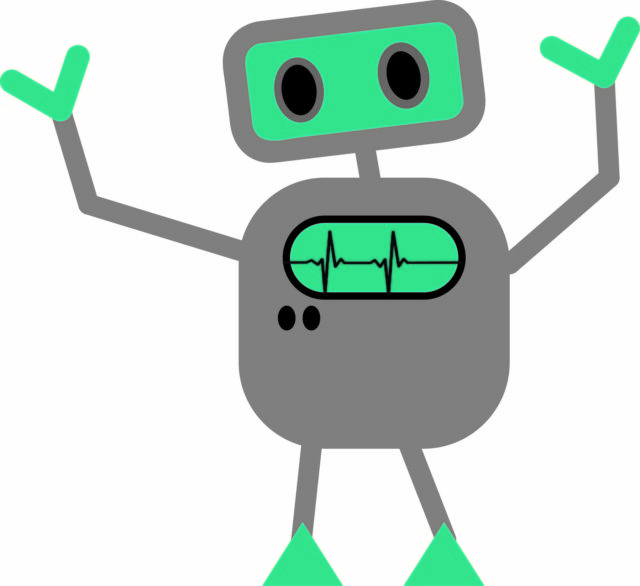By Megan Rule | Staff Writer
If you’re afraid of losing your job to a robot, you’re not alone, as shown by a Baylor researcher. Technophobes are much more likely to be afraid of losing their jobs due to technology and, as a result, suffer from anxiety and related mental health issues.
“I found that people who were afraid of technology were also more likely to report having some anxiety symptoms,” said Paul McClure, a Ph.D. candidate in the sociology department at Baylor. “I also found that the people who were most afraid of technology were non-white minorities, people with less education and females.”
McClure had seen economic projections that were discussing possible losses of employment due to automation, robotics and artificial intelligence. Using data from the Chapman Survey of American Fears, McClure found connections between people who were afraid of newer forms of technology and people who are afraid of losing their job and not having enough money in the future. He compiled his findings in the study, “‘You’re Fired,'” Says the Robot: The Rise of Automation in the Workplace, Technophobes and Fears of Unemployment.”
“I was surprised how many people reported being afraid or very afraid of this kind of stuff,” McClure said. “What it tells me is that there’s a large segment of the population which is apprehensive about the quick changes we’re seeing in the world today. It also tells me that some of the promises that are made by technology enthusiasts are not felt by the general public.”
Although the participants of the Chapman Surveys were not asked about the types of jobs people were losing, McClure said it’s something that is a concern to a lot of workers and that white collar workers are fearing this in addition to truck drivers and people in manufacturing plants. McClure said recent reports that motivated this study show that there are numerous occupations being threatened by automation, and it could be within 20 years that jobs become susceptible to automation.
“I don’t want the conclusion of the study to be, ‘Everyone be really afraid,'” McClure said. “The report that’s most cited is from Oxford by Frey and Osborne in 2013, which estimated that of 700 different U.S. types of jobs, it would be within two decades that they estimate 47 percent of those jobs are susceptible to automation.”
McClure recommends that people who do have fear should get a good degree and learn to be literate in technology, which will be helpful. McClure also said learning how to develop skills that cannot be automated is equally important. This includes public speaking, knowledge of history, knowledge of literature and training in liberal arts and humanities.
“I don’t really fear losing my job to a robot because I think that the majority of people would be uneasy with having a robot in charge of their health,” said Phoenix freshman Haley Everroad. “I think that skills like compassion, kindness and empathy can’t be replaced by technology. I also think that those skills are essential for any healthcare provider to have.”
McClure said that whether this happens or not, the fear is real and the fear has real social implications. Oftentimes, technology is given the image of being a great development that will bring economic prosperity, McClure said. This study shows that this is not a feeling that many people share. McClure said that although he is not an economist, large-scale unemployment is a bad thing, and if this comes true, it would be rough on the economy and have a negative impact on Americans.
“I don’t want to just say, ‘Don’t be afraid,’ or ‘Just get good at programming,'” McClure said. “I think to develop the kinds of skills that make you a self-motivated learner and an interesting person that any employer would want to hire is really important today.”



